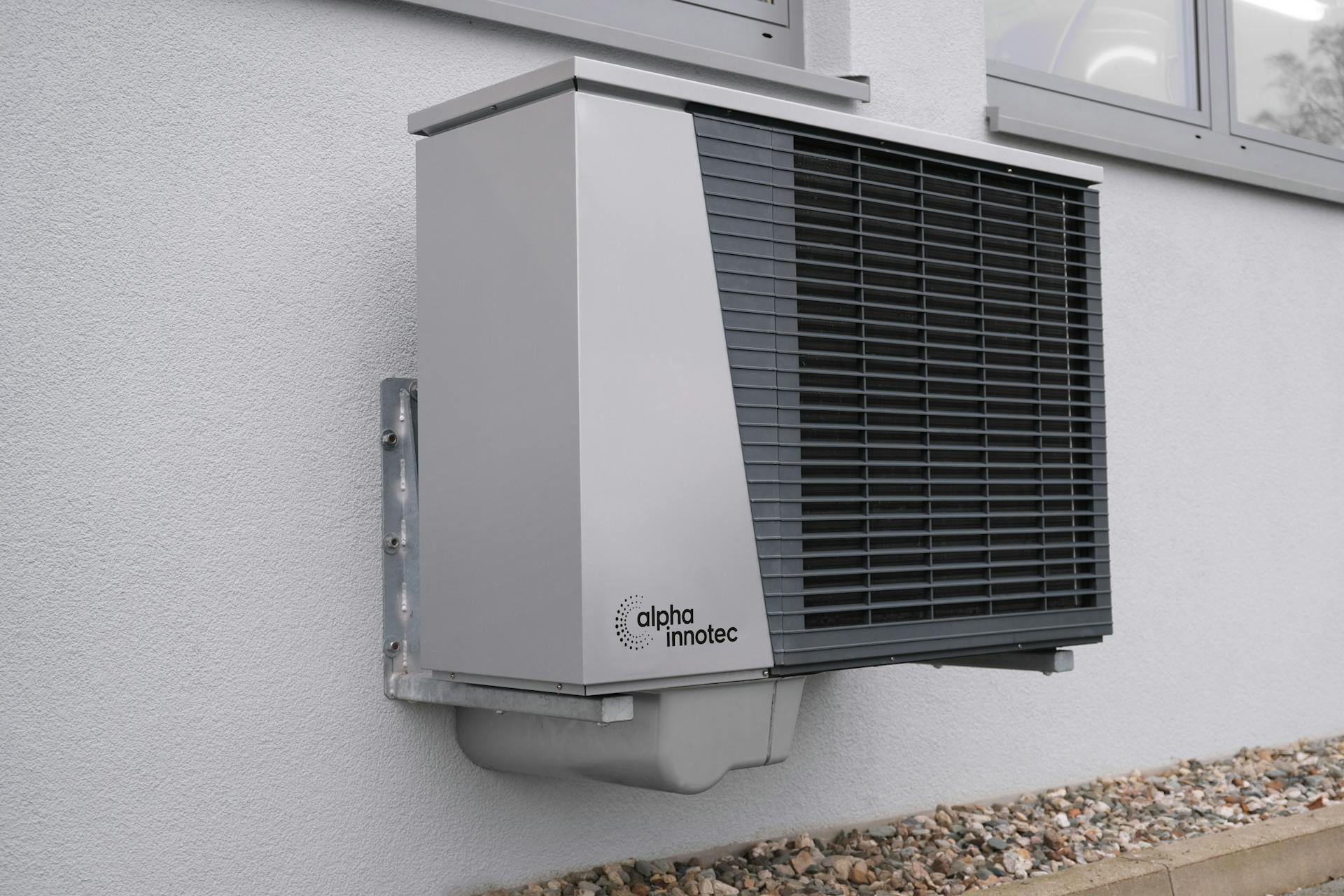

Question: Which Home Energy System is the Most Efficient?
Answer: For home energy, the most efficient system depends on your specific needs and context. Heat pumps generally offer the highest efficiency for heating and cooling, often exceeding 300% efficiency. Solar photovoltaic (PV) systems, combined with battery storage, can also achieve high efficiency in generating and storing electricity.
Exploring Home Energy Systems: Efficiency and Your Investment
For homeowners, understanding the efficiency of different energy systems is crucial. Energy efficiency directly impacts your utility bills and the environmental footprint of your home. This knowledge empowers you to make informed decisions, whether you’re building a new home or upgrading an existing one. Which energy system is the most efficient? The answer depends on several factors, including climate, available fuel sources, and initial investment costs. Let’s delve into the details.
Natural Gas Furnaces
Natural gas furnaces remain a popular heating option in many homes. Their prevalence stems from the widespread availability of natural gas and the relatively low cost of the units themselves. High-efficiency condensing furnaces extract more heat from the combustion process, reaching efficiencies of up to 98%.
Pros:
Cost-Effective Installation:
Generally less expensive to install than other high-efficiency systems.Reliable Performance:
Mature technology with a well-established service network.
Cons:
Fossil Fuel Dependence:
Contributes to greenhouse gas emissions.Fluctuating Fuel Prices:
Subject to price volatility in the natural gas market.
Click here for more information on best real estate agents in Orangeville
Related Article: How to Make Your Home More Energy-Efficient in Canada?
Related Article: What is the Most Energy-Efficient Home Insulation?
Heat Pumps: Versatile Heating and Cooling
Heat pumps represent a versatile solution, offering both heating and cooling capabilities. They work by transferring heat from one location to another, either drawing heat from the outside air (even in cold temperatures) or from the ground.
Pros:
Energy Efficient:
Can significantly reduce energy consumption compared to traditional systems.Dual Functionality:
Provides both heating and cooling in a single unit.
Cons:
Higher Initial Cost:
Can be more expensive to install than furnaces.Performance in Extreme Cold:
Efficiency can decrease in extremely low temperatures, potentially requiring a backup heating system.
Geothermal Systems: Harnessing Earth’s Energy
Geothermal systems tap into the stable temperature of the earth to provide heating and cooling. These systems use a network of underground pipes (a ground loop) to exchange heat with the earth.
Pros:
Highly Efficient:
Geothermal systems are among the most efficient heating and cooling options available.Renewable Energy Source:
Utilizes a sustainable and renewable energy source.
Cons:
Significant Upfront Investment:
Installation costs are substantial due to the ground loop installation.Land Requirements:
Requires sufficient land area for the ground loop.
Solar Thermal: Utilizing the Sun’s Power
Solar thermal systems utilize solar collectors to absorb the sun’s energy and convert it into heat. This heat can be used for domestic hot water or to supplement space heating.
Pros:
Renewable Energy:
Reduces reliance on fossil fuels.Reduced Operating Costs:
Lowers energy bills by utilizing free solar energy.
Cons:
Weather Dependent:
Performance is affected by sunlight availability.Initial Investment:
Requires a significant initial investment in solar collectors and installation.
Which Energy System Is Most Efficient for You?
Determining the most efficient energy system for your home requires careful consideration of your specific circumstances. Factors like your budget, climate, and energy needs play a crucial role. While some systems boast higher efficiency ratings, their practicality may be limited by initial costs or geographic limitations. Consulting with a qualified HVAC professional will provide personalized guidance based on your individual needs. They can assess your home’s characteristics and recommend the most suitable and efficient energy system for your situation. [ 1 ]
References
1. https://bkvenergy.com/blog/most-energy-efficient-hvac-systems/


